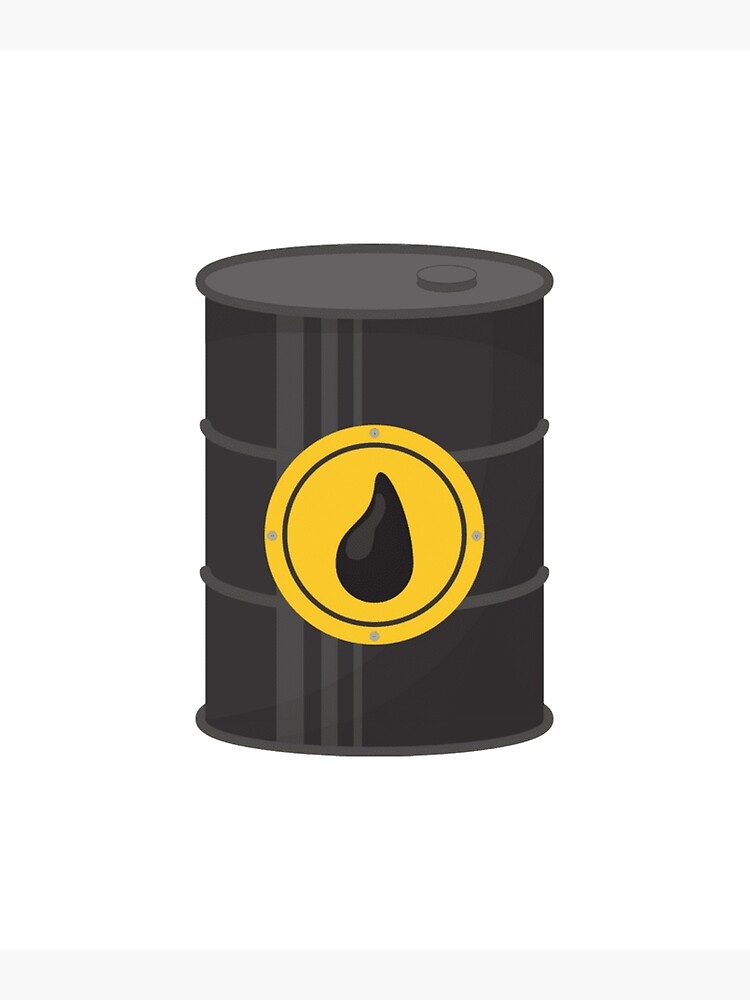In a significant move towards enhancing its energy security, India is set to establish its first privately managed Strategic Petroleum Reserve (SPR) by 2029-30. This initiative grants the operator the autonomy to trade all stored oil, aligning with global models observed in countries like Japan and South Korea. Previously, India had only allowed partial commercialization of its existing three SPRs located in southern India, boasting a combined capacity of 36.7 million barrels.
The expansion plan includes the construction of two new SPRs. The first will be an 18.3-million-barrel cavern in Padur, southern Karnataka state, followed by a 29.3 million barrels SPR in eastern Odisha state. Private partners will be permitted to engage in local oil trading, while the government retains priority access in case of shortages.
The decision to allow private management of the SPR reflects India’s commitment to enhancing its energy security and reducing dependence on oil imports. As the world’s third-largest oil importer and consumer, India aims to hedge against global supply disruptions and price spikes. Additionally, expanding its oil storage capacity would allow India to meet the International Energy Agency’s (IEA) requirement for members to hold a minimum of 90 days of oil consumption.
The estimated project cost for the Padur SPR, including the linked pipeline and oil import facility, is approximately US$ 659 million (Rs. 55 billion). The federal government is expected to contribute up to 60% of the total expenditure, highlighting the significance of this project in India’s energy strategy.
To facilitate the establishment of the new SPRs, ISPRL has initiated a tender process to gauge interest among local and global entities. The tender process aims to select a partner on a design, build, finance, operate, and transfer basis. The SPR is expected to be completed within 60 months from the start date.
India’s efforts to strengthen its SPR capacity are crucial not only for its energy security but also for its strategic position in the global energy landscape. The country’s ability to store and manage its oil reserves efficiently will be key in ensuring a stable and secure energy supply in the years to come.





